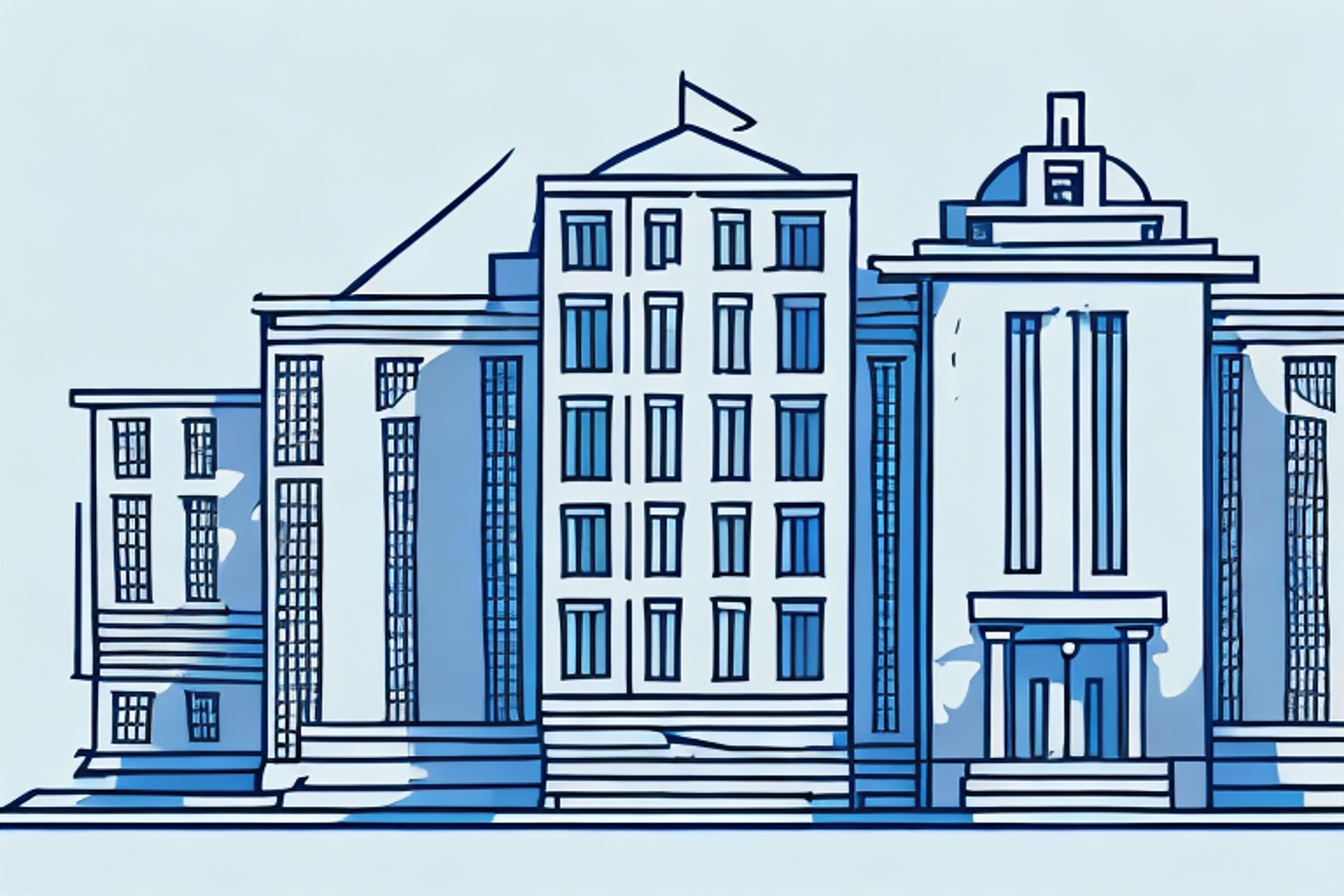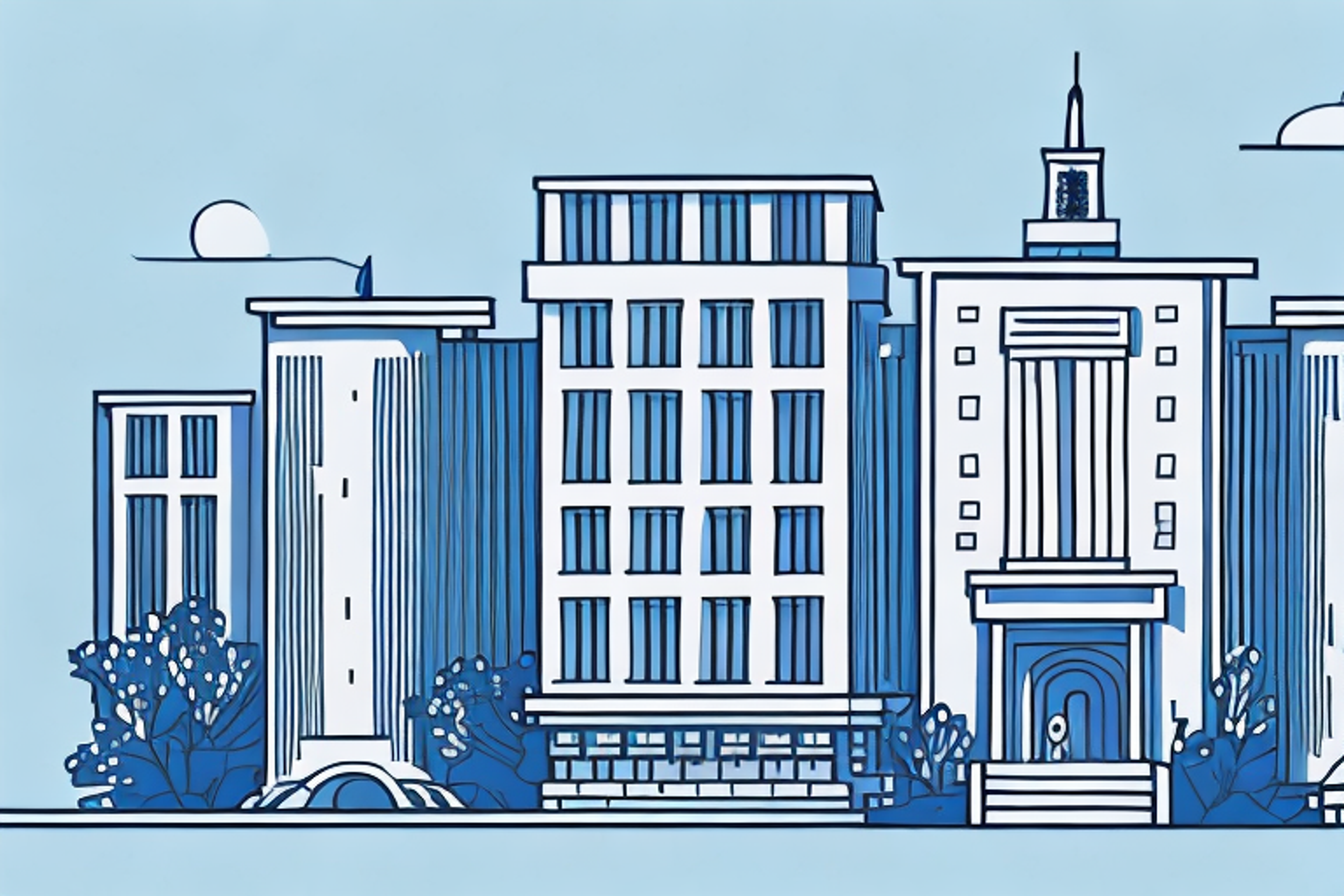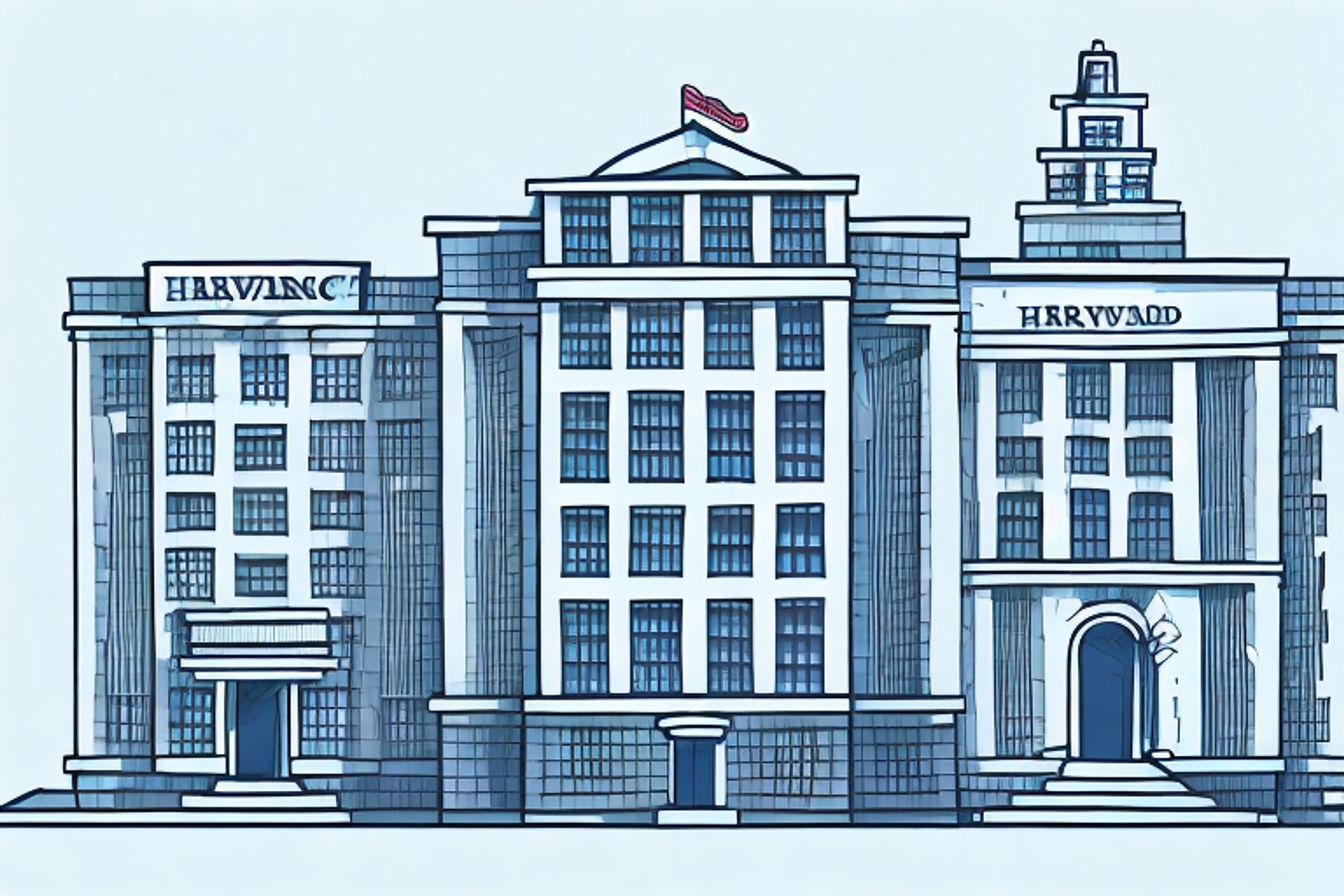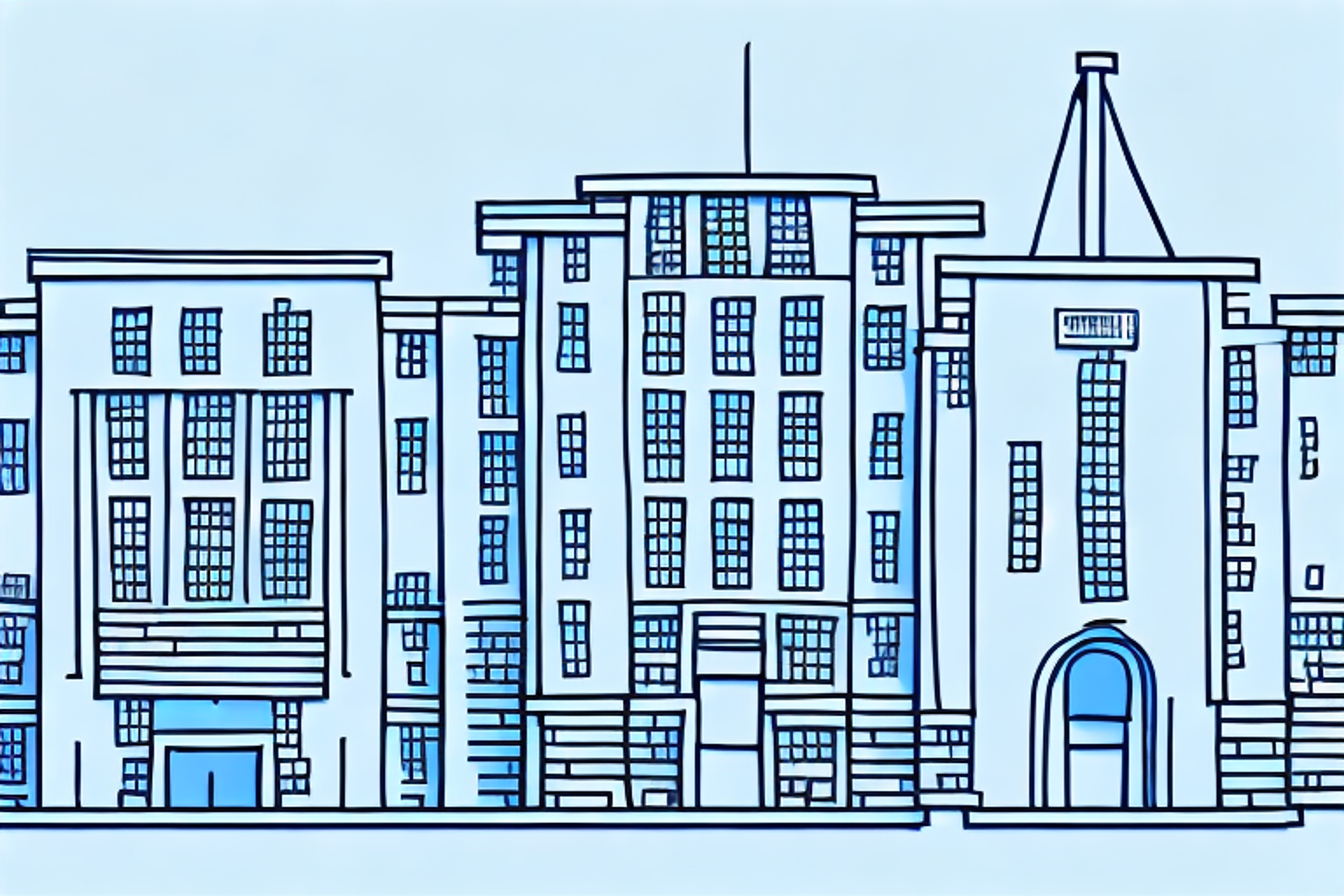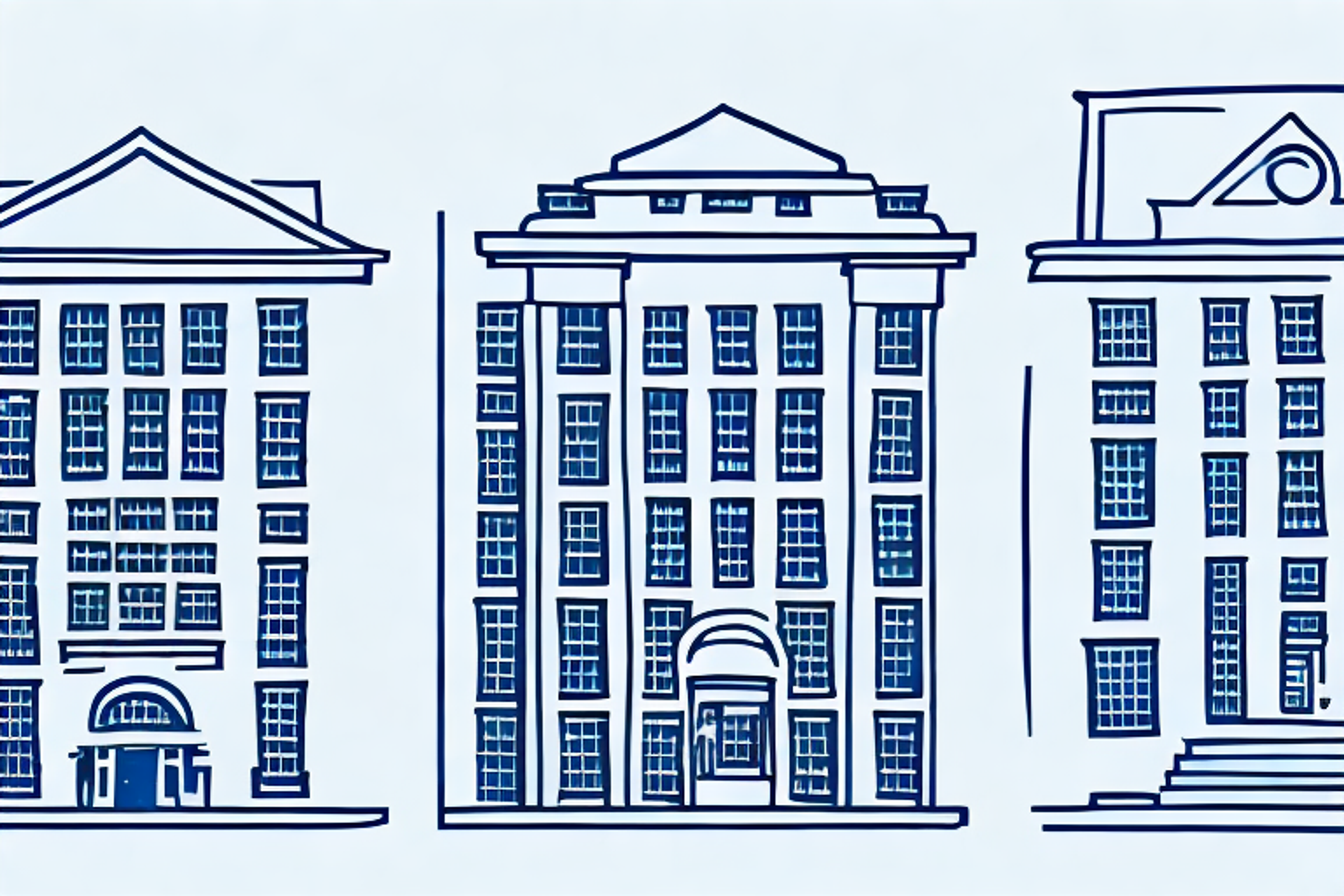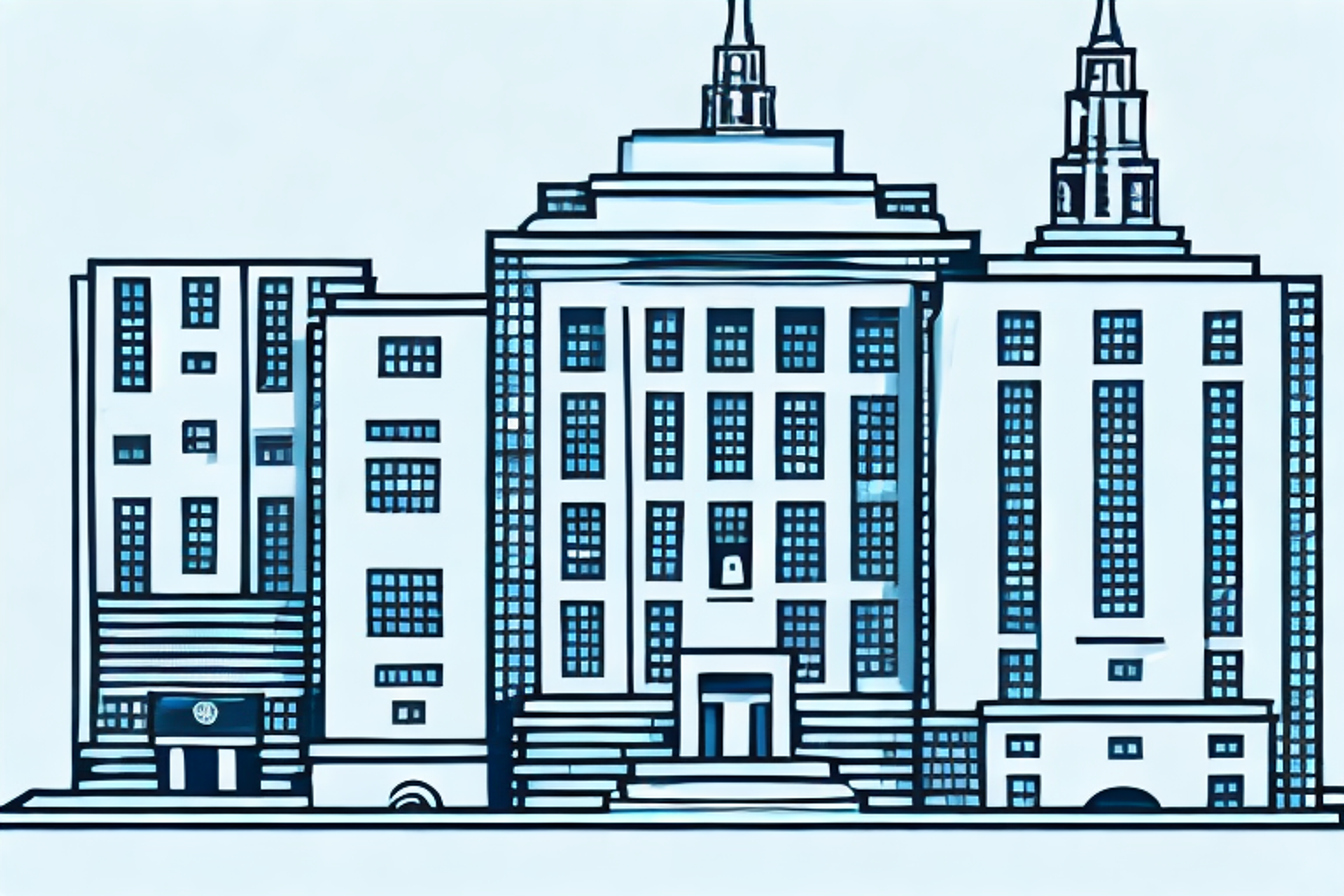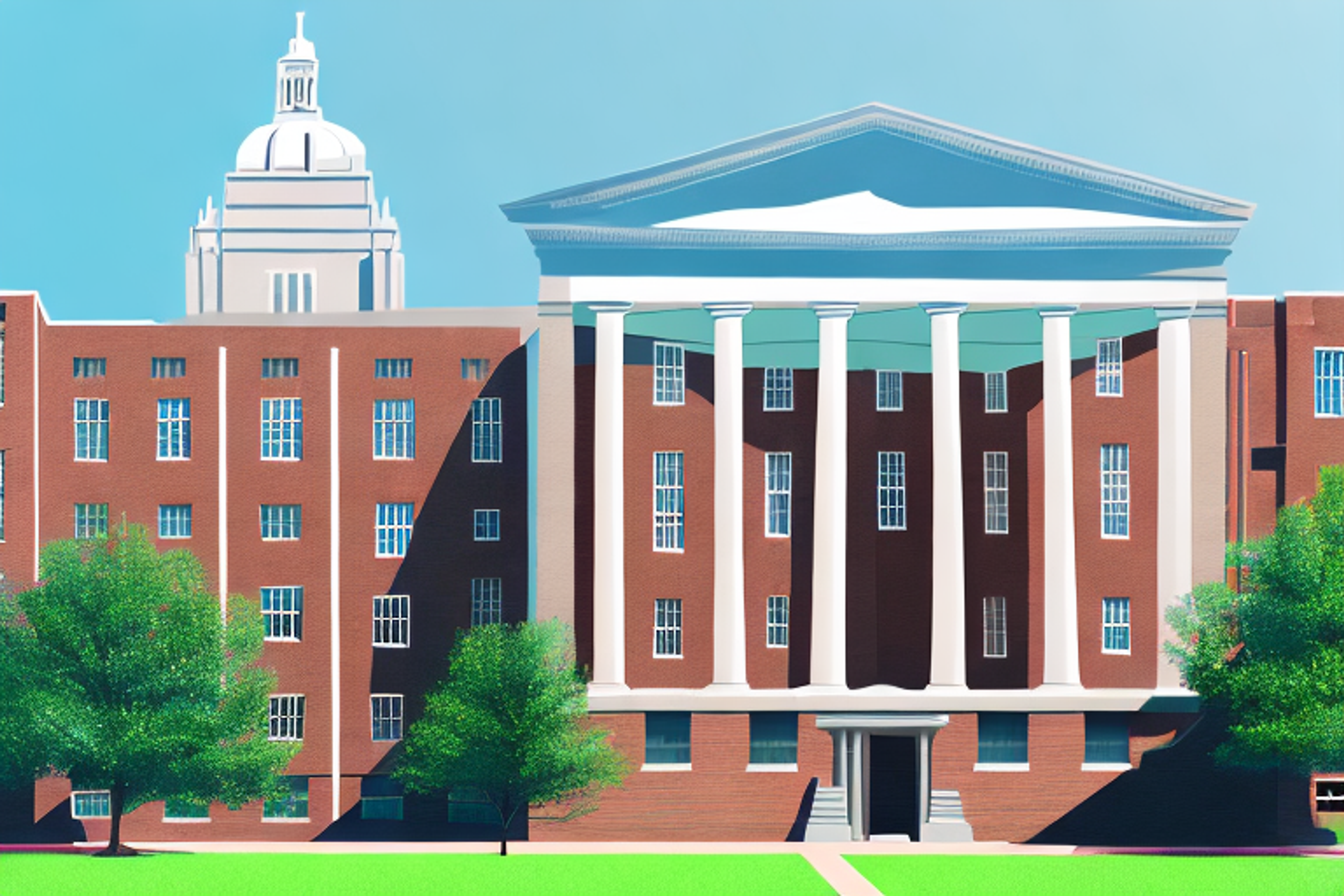University of Virginia School of Law Vs. Cornell Law School: An In-Depth Comparison
Are you considering law school and wondering which one to choose? Look no further than this in-depth comparison between the University of Virginia School of Law and Cornell Law School.
Posted March 6, 2025

Table of Contents
With the wide variety of law schools available for students to choose from, deciding on the right one can be an overwhelming task. Today, we will be examining two of the top law schools in the United States - University of Virginia School of Law and Cornell Law School - taking an in-depth look at their histories, academics, faculty, and student life in order to help prospective students make an informed decision.
Introduction to University of Virginia School of Law and Cornell Law School
Before we dive deeper into the specific details, let us first provide some background information on both schools. University of Virginia School of Law was founded in 1819 and is located in Charlottesville, Virginia. It is consistently ranked as one of the top law schools in the United States, with a current ranking of #9 by US News & World Report.
Cornell Law School, on the other hand, was established in 1887 and is based in Ithaca, New York. Similar to University of Virginia School of Law, it is also widely regarded as one of the premier law schools in the country, with a current rank of #13 by US News & World Report.
Both schools offer a wide range of programs and opportunities for students to gain practical experience in the legal field. University of Virginia School of Law has a strong focus on public service and offers clinics in areas such as environmental law, immigration law, and civil rights. Cornell Law School, on the other hand, has a strong emphasis on international and comparative law, with opportunities for students to study abroad and participate in international moot court competitions.
History and Background of the University of Virginia School of Law
The University of Virginia School of Law is one of the oldest law schools in the United States and has a rich history. It was founded by none other than Thomas Jefferson, who also served as the school's first chairman of the faculty. Jefferson's vision for the school was to create a program that incorporated a rigorous academic curriculum with practical training. This vision has continued to shape the school's philosophy to this day.
Over the years, the University of Virginia School of Law has produced many notable alumni, including several U.S. Supreme Court justices, governors, and members of Congress. The school has also been at the forefront of legal education, pioneering new programs such as the first law and economics program in the country. Today, the school continues to innovate and adapt to the changing legal landscape, offering a wide range of programs and opportunities for students to gain practical experience and make a difference in the world.
History and Background of Cornell Law School
Cornell Law School was founded in 1887 as a response to the rapid growth of industry and commerce following the Civil War. The school was established with the goal of providing legal education to students who were seeking careers in business and consequently had a curriculum focused on business law in the early years.
Over time, Cornell Law School expanded its curriculum to include a broader range of legal subjects, such as constitutional law, international law, and public interest law. Today, the school offers a diverse range of courses and programs, including joint degree programs with other schools at Cornell University.
In addition to its academic offerings, Cornell Law School is also known for its commitment to public service. The school has a strong tradition of pro bono work and community service, and many of its graduates go on to work in public interest law or government service. Cornell Law School also has a number of clinics and programs that provide legal assistance to underserved communities and individuals.
Admissions Process for University of Virginia School of Law
The admissions process at University of Virginia School of Law is highly competitive, with a 2019 acceptance rate of just 20%. Applicants must submit an LSAT score, college transcripts, and letters of recommendation. The school also recommends that applicants submit a personal statement and resume.
In addition to the required materials, the University of Virginia School of Law also offers optional interviews for applicants. These interviews are conducted by alumni or current students and provide an opportunity for applicants to showcase their personality and interest in the school.
Furthermore, the University of Virginia School of Law values diversity and encourages applicants from a variety of backgrounds to apply. The school offers a number of resources and support systems for students from underrepresented communities, including mentorship programs and affinity groups.
Admissions Process for Cornell Law School
Similar to University of Virginia School of Law, Cornell Law School has a highly competitive admissions process. In 2019, the acceptance rate was 21.4%. Applicants must submit an LSAT score, college transcripts, letters of recommendation, personal statement, and resume. Additionally, the school allows applicants to submit a supplemental essay if they wish.
It is important to note that Cornell Law School also values diversity and encourages applicants from a variety of backgrounds to apply. The admissions committee takes into consideration factors such as work experience, community involvement, and unique life experiences when evaluating applicants. Furthermore, the school offers a variety of resources to support students during the admissions process, including informational sessions, campus tours, and one-on-one consultations with admissions counselors.
Faculty at University of Virginia School of Law
The faculty at University of Virginia School of Law is known for their expertise in a wide range of fields, with many professors renowned both nationally and internationally. The school has a faculty-to-student ratio of approximately 8:1, allowing for students to receive personalized attention and guidance from their professors.
Faculty at Cornell Law School
Cornell Law School also boasts a highly distinguished faculty and a small student-to-faculty ratio of 9:1. The faculty includes Nobel Prize winners, top legal scholars, and practicing attorneys with expertise in a variety of legal fields.
Curriculum Offered at University of Virginia School of Law
University of Virginia School of Law offers a number of unique courses, including "Law and the Brain," "Law and Business," and "Law and Public Service." In addition, students can choose from over 100 electives to tailor their education to match their goals and interests.
Curriculum Offered at Cornell Law School
Cornell Law School offers an extensive curriculum, with over 100 courses to choose from. The school also offers several unique programs, such as "Transnational Legal Practice" and "Lawyering in the Digital Age." Additionally, Cornell Law School offers a variety of clinics and externships that provide hands-on experience and training.
Comparison of Coursework between the Two Schools
Both University of Virginia School of Law and Cornell Law School offer rigorous and diverse curriculums, with each school offering unique courses and programs. Students at University of Virginia School of Law have the opportunity to tailor their education to their individual interests with the selection of over 100 electives, while Cornell Law School students can gain real-world experience through a variety of clinics and externships.
Specializations offered at University of Virginia School of Law
University of Virginia School of Law offers several specializations, including corporate law, environmental law, and intellectual property law. The school also offers the Virginia Law and Business Review and the Virginia Tax Review, allowing students to gain practical experience in these areas of law.
Specializations offered at Cornell Law School
Cornell Law School provides students with numerous opportunities to specialize in a variety of areas, such as business law, international law, and intellectual property law. In addition, the school offers programs such as the Clarke Business Law Institute and the Migration and Human Rights Program, allowing students to gain practical experience in a specific field.
Student Life and Culture at University of Virginia School of Law
University of Virginia School of Law boasts a vibrant and supportive community, with a wide range of student organizations and events that cater to various interests. The school also has a strong public service culture and requires students to complete at least 40 hours of pro bono work before graduation.
Student Life and Culture at Cornell Law School
Cornell Law School also has a strong community, with a variety of student organizations and events. Additionally, the school provides students with numerous opportunities to gain practical experience, such as through the law school clinics and externship program.
Moot Court Programs Offered by Both Schools
University of Virginia School of Law offers several moot court programs, including the William Minor Lile Moot Court Competition and the Supreme Court Litigation Clinic. The moot court program provides students with an opportunity to gain practical experience arguing in front of judges and to hone their legal writing and research skills.
Cornell Law School also offers a moot court program, with several competitions held throughout the academic year. The program provides students with the opportunity to develop their oral advocacy and brief-writing skills.
Comparison between Clinical Programs offered by Both Schools
University of Virginia School of Law offers a variety of clinical programs, such as the Criminal Defense Clinic and the Environmental and Regulatory Law Clinic. These programs provide students with hands-on legal experience and the opportunity to work with real clients.
Cornell Law School also provides students with numerous clinical opportunities, such as the International Human Rights Clinic and the Entrepreneurship Clinic. Students are able to work on actual cases and gain practical legal experience.
Employment Opportunities for Students from Both Schools
Graduates from both University of Virginia School of Law and Cornell Law School have a high rate of employment in the legal field. In 2019, approximately 80% of University of Virginia School of Law graduates were employed in a full-time legal job within ten months of graduating. Cornell Law School also had a high employment rate, with 86.6% of graduates finding work in the legal field within ten months of graduation.
Prospective Career Paths for Graduates from Both Schools
Graduates from University of Virginia School of Law have gone on to have successful careers in a variety of legal fields, including corporate law, public interest law, and academia. Similarly, Cornell Law School graduates have found success in a range of fields, such as international law and government service, and have been appointed to prestigious positions such as federal judgeships and positions in the White House.
Conclusion: Which is the Better Choice - University Of Virginia or Cornell?
Both University of Virginia School of Law and Cornell Law School are highly respected institutions with distinguished faculty, rigorous curriculums, and numerous opportunities for students to gain hands-on legal experience. Ultimately, the best choice for each student will depend on their individual goals and interests. Prospective students should weigh the factors discussed in this article - such as location, culture, course offerings, and employment prospects - carefully in order to choose the school that is the best fit for them.
